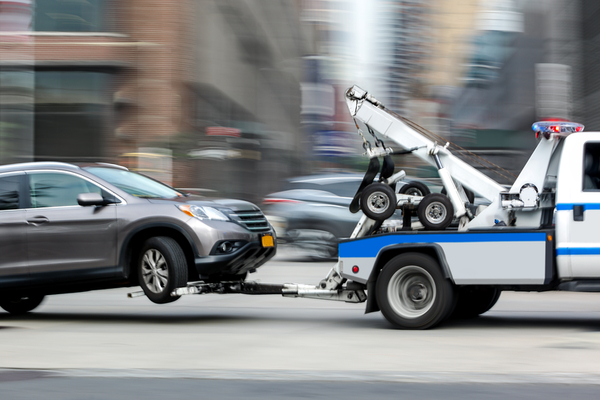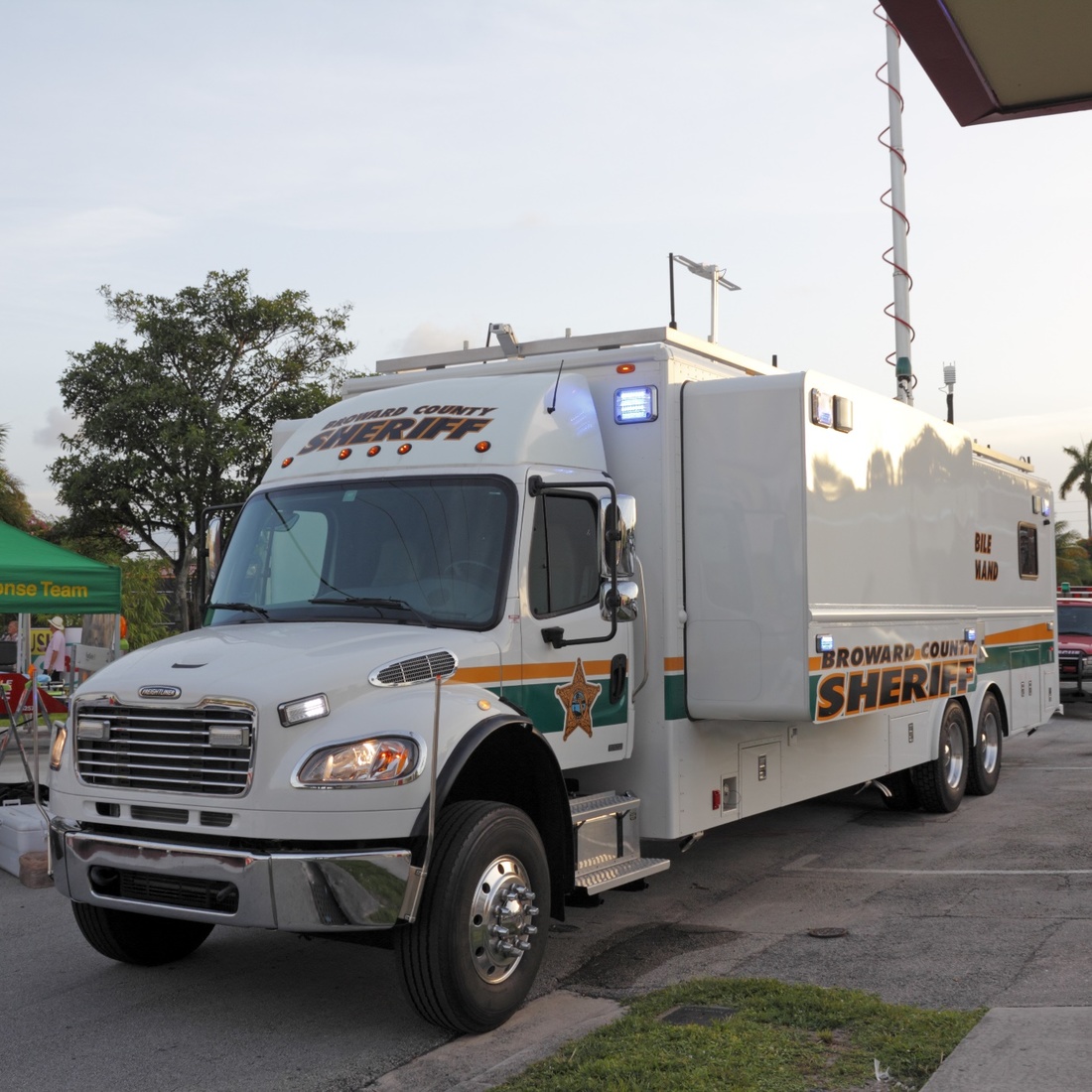
Starting July 1, 2021, breaking up the hand's law for another time in 36 months of a previous conviction for the same crime will lead to a point being inserted into a driver's record. This applies to the offenses of texting or talking while driving (except for hands-on utilization ) and also to any usage of those devices while driving with someone under 18 decades old.
Unattended children in motor vehicles (AB 2717, Chau): Exempts someone from criminal or civil liability for trespassing or damaging a car when rescuing a child who's 6 years older or younger and who's in immediate threat from cold, heat, insufficient ventilation, or other harmful conditions.
"Move Over, Slow Down" amendments (AB 2285, Transportation Committee): Extends the terms of this"Move Over, Slow Down" law now set up on freeways to also use to neighborhood roads and streets so motorists approaching a stationary emergency vehicle displaying emergency lighting, such as tow trucks along with Caltrans vehicles, have to now move to a different lane as you can, or slow to a sensible speed on most highways, not simply freeways.
This distinctive noise, distinct compared to a siren, could be utilized to inform the public of a direct need to evacuate a place in a crisis. Until regulations are adopted, law enforcement agencies may use the Hi-Lo warning noise by acquiring a license from the CHP.
A proposition by the U.S. DOT to demand speed limiters on heavy-duty trucks had been tabled in 2017, under a year after it was suggested by FMCSA. Regs around rate limiters could see new life beneath the Biden Administration.
With a new government in the White House, a new direction in the U.S. DOT, along with Democratic control of both chambers of Congress, the surroundings in Washington will probably be decidedly more regulation-friendly than at the Trump era. Here's a look at regulations that may be up for consideration in 2021 beneath that changed landscape:
Driver classification legislation. Expected in the first weeks of 2021 is a judgment from the U.S. 9th Circuit Court of Appeals from the California Trucking Association's (CTA) situation against California's A.B. 5 legislation, which was mostly translated as obstructing motor carriers from approving heaps to owner-operators or tiny fleets. It lacked many carriers to stop functioning with owner-operators all collectively, for example, leased owner-operators who have their truck however operate under the jurisdiction of some other carrier.
The 9th Circuit's decision will either divert or finish a preliminary injunction issued from the U.S. District Court in Southern California, which dominated that trucking should stay exempt from regulations (and consequently keep the capacity for carriers and owner-operators to operate together) before CTA's case could be adjudicated in total, which may ultimately mean a halt in the U.S. Supreme Court in the next several years.
This past year, however, the 9th Circuit's conclusion may reverberate beyond the situation at hand, stated Joe Rajkovacz, head of government event in the Western States Trucking Association.
"The conclusion will probably decide the degree to which a Democratic Congress pushes ahead with nationalizing A.B. 5. An invoice was entered a year ago to do precisely that. I guess Congress could still proceed with the invoice if they desired however, the overwhelming passage of Proposition 22 here in California should function as a warning to Democrats on Capitol Hill that controversy surrounding this kind of law is extremely poisonous -- despite Republicans who traditionally support Democrats." It passed with almost 60 percent of their vote in favor.

Insurance liability varies. Analyzing -- and possibly raising by countless dollars the minimum sum of liability insurance policy required of motor carriers may be a part of a trio of regulations in the first months of their Trump presidency that determine new life this past year. With a new government in the White House and Democrats taking control of the chambers of Congress, the dilemma of increasing the $750,000 minimal for carriers' liability policy could be restored. Lane Kidd, managing director of their Trucking Alliance, which represents a number of the nation's biggest for-hire motor carriers,'' stated the rulemaking may be revived either from the incoming Biden DOT or in the legislative level.
Rate limiters. Another of those three rulemakings tabled from the very first weeks of 2017, a Federal Motor Carrier Safety Administration (FMCSA) suggestion in 2016 hunted to demand Class 8 tractor-trailers to be equipped with and utilize speed limiting devices. The proposition suggested caps of 60, 65, or 68 mph. This rulemaking might see new life beneath the Biden DOT.
Hours of support: Can FMCSA be in a position to follow along with a newly opened rulemaking to permit additional breaks in motorists' 14-hour clock? The proposal extends further than the overhauled regs enacted this year by enabling drivers shorter pauses in the 14-hour clock between thirty minutes and three hours. Nevertheless, the incoming Biden Administration has flagged it as a guideline to come under inspection and possibly tabled.
ELDs and waivers: Livestock and insect haulers, and short-haul fleets, so much have functioned under a Congressional exemption by the digital logging apparatus mandate which occurred in December 2017. Kidd said it is a matter up for discussion. Congress could utilize legislative packages" to close the loopholes which sections of the sector" have functioned under, he explained.
Sleep apnea screening. The last of this trio of legislation tabled from the Trump Administration, sleep apnea screening and treatment plans for truck drivers might spring back into life, also, either by FMCSA itself from a directive from Congress.
Driver drug testing. The Department of Health along with the FMCSA happen to be years behind a Congressional mandate by 2015 calling for carriers to medication test drivers through hair samples instead of a pee test. Kidd said altering electricity in Washington could prompt Congress to reassert that statute, permitting carriers to utilize hair sample testing rather than urine tests in pre-employment drug displays.
Emissions. Whether this will impact trailers and trucks is nevertheless unclear, but it may signify a wider push at the national level for implementing alternate fuel vehicles -- such as gas and electric cell -- instead of diesel-powered rigs. "The national government is extremely likely to concentrate through modal agencies on compelling a green agenda," explained Rajkovacz.
